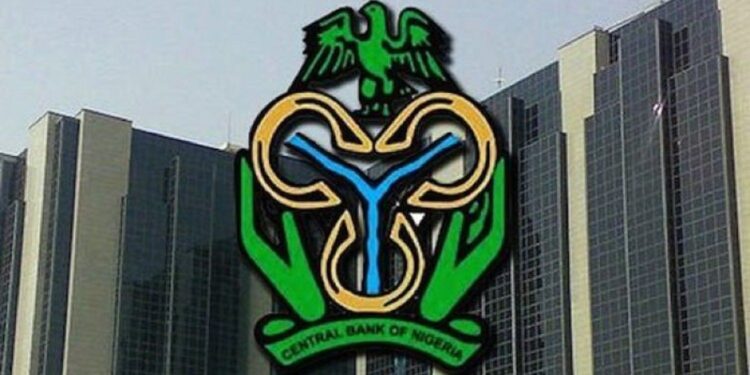The House of Representatives has taken action on the recent decision made by the Central Bank of Nigeria (CBN) to remove foreign exchange restrictions on 43 items. In response to this development, they have summoned Yemi Cardoso, the Governor of the CBN, and other key stakeholders to provide explanations and insights into the matter.
The CBN recently announced the lifting of foreign exchange restrictions that had been in place for importers of 43 items for the past eight years. This decision has sparked concerns and discussions, leading to the House of Representatives’ decision to investigate the matter.
During a plenary session on Tuesday, a motion of Urgent Public Importance, sponsored by Sada Soli, a lawmaker from Katsina, was adopted. In his motion, Soli shed light on the history of these restrictions, which were originally implemented in June 2015. The initial purpose of these restrictions was to preserve foreign exchange reserves and promote the domestic production of approximately 11 food items.
However, the recent announcement from the CBN, made on October 12, 2023, unveiled the removal of foreign exchange restrictions on the 43 items, raising concerns about the impact on the local economy. Some of these items also have tariffs designed to protect local industries and were part of the import prohibition list.
Soli emphasized the potential consequences of this decision, stating that it could significantly affect the local production of essential items like rice, cement, and palm oil. He expressed concern that this could lead to factory closures and job losses, ultimately eroding the country’s capacity to build its local economy.
Soli further highlighted that these 43 items are crucial to economic diversification and are supported by subsidies from their countries of origin, putting Nigeria’s local products at a comparative disadvantage.
The decision by the CBN to lift the ban on these 43 items, which was initially imposed during the tenure of former CBN Governor Godwin Emefiele, was officially communicated in a circular released by the central bank on October 12, 2023. The CBN indicated that this move is aimed at boosting liquidity in the Nigerian Foreign Exchange Market and promoting a market-driven exchange rate system based on the ‘Willing Buyer – Willing Seller’ principle.
The House of Representatives’ decision to summon the CBN Governor and stakeholders highlights the concerns and discussions surrounding this recent policy change and its potential impact on the Nigerian economy.










